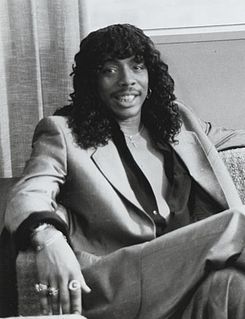A Quote by Eugene Fama
I think bubbles are things people see with 20/20 hindsight. If you look at any particular period where prices go up and then they go down, you will always find people who predicted that they would go down. Those are the people you pay attention to.
Related Quotes
In almost any change there is 20 - 60 - 20. 20% are doing the change and we need to stay out of their way. 20% will never get there (a large percent still go into banks to see tellers vs. ATMs). 60% are in the middle. I think you will always find some companies where the head of HR is not a member of senior management team (bottom 20% and some companies where she or he has always been (top 20%).
I grew up down in the hills of Virginia. I can be in Kentucky in 20 minutes, Tennessee in 20 minutes or in the state of West Virginia in 20 minutes. And it's down in the Appalachian Mountains, down there. And it's sort of a poorer country. Most of the livelihood is coal mining and logging, working in the woods and things like that. Most people has a hard life down that way.
When you start writing, you have your characters on a metaphorical paved road, and as they go down it, all these other roads become available that they can go down. And a lot of writers have roadblocks in front of those roads: they won’t allow their characters to go down those roads... I’ve never put any roadblocks on any of these paths. My characters can go wherever they would naturally go, and I’ll follow them.
I had $20 million in the bank, girls are following me all over the f - place, people call my name everywhere I go. What would I change? And then one day you get onstage and you see two little girls who look like they are 11 years old sticking their tongues out and pulling their bras down and you quit touring. That's what happened to me.
People who get implants, it's so depressing, you know... People - I don't know. The route of that, you know, maybe they want more love or attention, or what it is, but they always go for the most obvious place, you know? Here... Well if you really want more attention, why not get them in your eyes? And then move your eyes down to where your nipples used to be, put your breasts up on your head, everybody will pay attention!
If you're going to do a memoir, then it's sort of at this age - in your late sixties or seventies - that you do it. I don't understand people who do memoirs when they're 20. I think most people need a little more time than 20 years to become the person they are. In fact, that process of becoming who you are is still ongoing when you get older, where you go, "Let's see where my next 10 years is going to take me." S
The point is, not to resist the flow. You go up when you're supposed to go up and down when you're supposed to go down. When you're supposed to go up, find the highest tower and climb to the top. When you're supposed to go down, find the deepest well and go down to the bottom. When there's no flow, stay still. If you resist the flow, everything dries up. If everything dries up, the world is darkness.





































